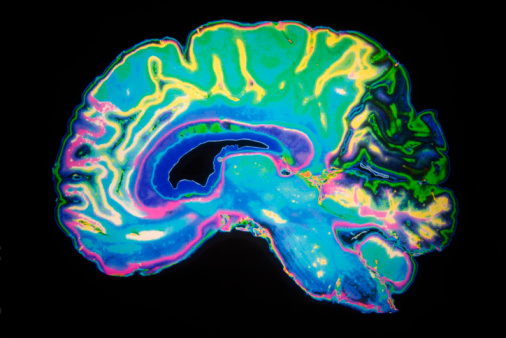The groundbreaking Alzheimer’s Disease Neuroimaging Initiative (ADNI) has studied the brain’s progression from cognitive impairment to Alzheimer’s disease, imaging the brain, collecting clinical measurements and biological specimens and generating an unprecedented volume of data for more than 1,700 participants. The initiative has demonstrated that while amyloid brain deposits are a leading factor in dementia, there is considerable heterogeneity in cognitive decline in aging.
Key to this discovery from ADNI has been its Biostatistics Core, one of eight ADNI cores, led by Laurel Beckett, chief of the Division of Biostatistics in the UC Davis Department of Public Health Sciences. Beckett and her colleagues described their work in “The Alzheimer’s Disease Neuroimaging Initiative phase 2: Increasing the length, breadth, and depth of our understanding,” published online on July 16th in a special issue of Alzheimer’s & Dementia: The Journal of the Alzheimer’s Association. The Core has developed and applied new methods to characterize the entire spectrum of disease progression, illustrating both the classic progression of Alzheimer’s through the buildup of amyloid plaques and alternative pathways to cognitive decline.
ADNI aggregates sensitive and specific markers of very early Alzheimer’s progression, including magnetic resonance imaging (MRI), positron emission tomography (PET), and clinical and neuropsychological assessments, for impaired and control participants from age 50 to 90 at 57 sites across the United States and Canada, including UC Davis.
“ADNI highlights the complexities and the richness of the data that inform our current knowledge of the progression of cognitive impairment to Alzheimer’s disease,” Beckett said.
“New imaging measures clearly show that amyloid pathology in the brain is an ominous prodromal sign for progression, whether defined as conversion to mild cognitive impairment (MCI), or deteriorating cognitive and functional measurements,” the study states. Other data show that certain other participants have “many characteristics consistent with vascular pathology, rather than amyloid-based abnormalities.”
Other study authors include Danielle J. Harvey and Naomi Saito of UC Davis and Michael C. Donohue and Paul Aisen of UC San Diego.







